The Federal Commissioner of the National Commission for Refugees, Migrants and Internally Displaced Persons, Imaan Suleiman, disclosed this on Thursday at the weekly ministerial briefing organized by the Presidential Communications Team.
She said they have been able to voluntarily return about 17,334 Nigerians back home.
According to Suleiman, almost every state in the country has IDPs with Borno having the highest number of 1,630,284 displaced persons, while Ekiti has the least of 5,377.
She listed the other states with IDPs as, Zamfara 678,000, Benue 300,000, Adamawa 208,334, Yobe 156,437, Niger 150,380, Katsina 130,113, Cross River 101,404, Ebonyi 93,404, Plateau 91,524, and Taraba 82,661.
Others are Bauchi 65,595, Nasarawa 46,769, Imo 42,335, FCT 31,029, Kwara 25,024, Kogi 20,477, Kano 17,981, Bayelsa 12,292, Akwa Ibom 10,062 and Edo 11,716, Oyo 8,912, Rivers 8,119, Ondo 7,012, Delta 6,172, and Ogun 5,623.
She said: “According to the UNHCR matrix index, we have 3.2 million IDPs in Nigeria. And under the Progress V4 platform which is to capture and profile Refugees Data, which we run with the UNHCR, we have been able to register at 84,803 refugees in Nigeria.
“We have 1,570 asylum seekers and over 7000 urban refugees. We’ve been able to voluntarily return about 17,334 Nigerians back home. And during the recent evacuation, we’ve been able to record 1,625 evacuees from the Ukraine Russian war.”
Suleiman also disclosed that five resettlement cities for use by displaced persons are currently being built by the federal government, adding that the beneficiary states where the pilot phase of the scheme is being executed are Borno, Kano, Katsina, Zamfara, Nasarawa and Edo.
On the causes of displacement in Nigeria, she said: “Mainly, it is induced by both man-made and natural disaster. We all know that global warming is real. Most of our IDPs live within coast communities. And this map captures the distribution of IDPs in Nigeria.
“When displacements happen; flood, communal clashes, people lose their homes and means of livelihood. So we started the piloting phase of our project resettlement in 2020.
“The project resettlement city will entail building small cities because Persons of Concern (POCs) have three options of doable solutions.
“They can either locally integrate, resettle or they can go back to their homes but sometimes they are unable to go back home and that is why there is need for building of new communities or strengthening the capacity of their host communities.
“We are in the third phase of our resettlement city project but the pilot phase is in Borno, Kano, Katsina, Zamfara, Nasarawa and Edo States. Most of them are now at between 70-90 percent completion but that of Edo State is about is about to take off.”
The Commissioner also said as part of its doable solutions, the Commission intends to address hunger as well as implement an empowerment scheme among displaced persons, as they imbibe new forms of livelihood.
“When displacements happen within Nigeria we are not the first responders so we are expected to come in after they are stable to be able to provide them with doable solutions so that they can go back to normalcy.
“So the recent adoption of the National IDP Policy in 2021 by the Federal Executive Council is epic because that gives us the legal framework and clearly highlights everybody’s role including the IDPs and the host communities.
“We have been able to continue to strengthen the psycho-social support system for the Commission because people are displaced, they go through all kinds of trauma so, psycho-social support is key.
“We have begun the piloting phase for the transitional learning centers in some locations, Edo, Zamfara, Imo, Bauchi, Federal Capital Territory and Katsina.
“We’ have been able to give persons of concerns access to COVID-19 vaccines and also conduct medical outreaches in collaboration with the National Primary Health care Development Agency.
“With the National Information Technology Development Agency (NITDA), we have been able to train 10, 000 POCs in all areas of ICT skills. This is in line with their own vision to achieve 90 percent of literacy for the citizens of the Federal Republic off Nigeria,” Suliaman said.
“We have also introduced the project Zero-Hunger, which was conceived to address the growing challenge of food insecurity because when you are hungry, you become vulnerable and easily accessible to criminal minds.
“We also ensure that we give them targeted empowerment and capacity building trainings to make more self-sufficient and give them a new lease of life,” she added.









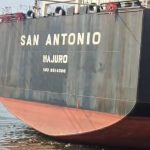
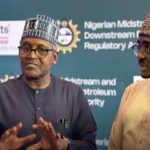

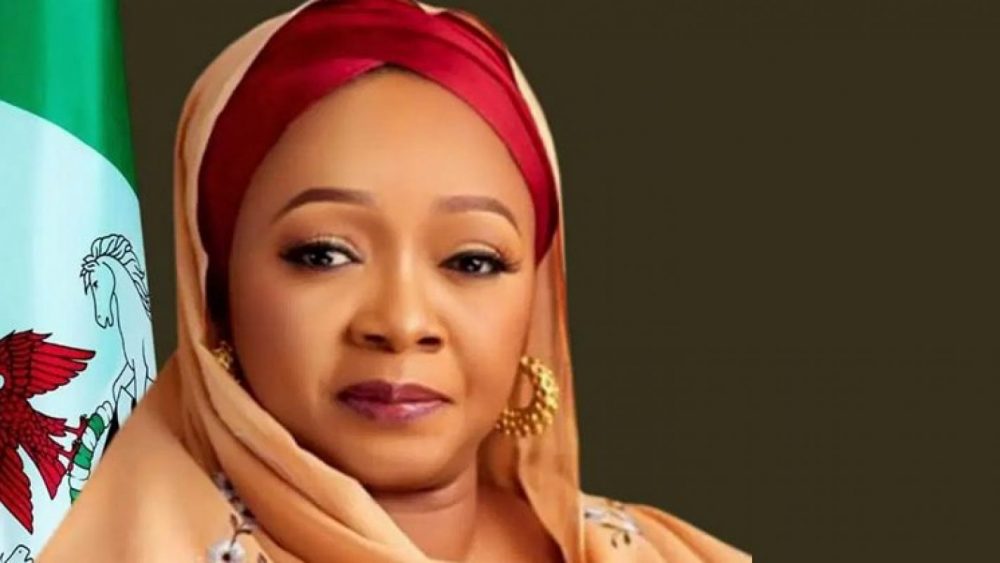

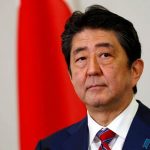
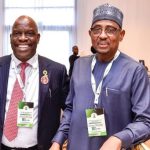


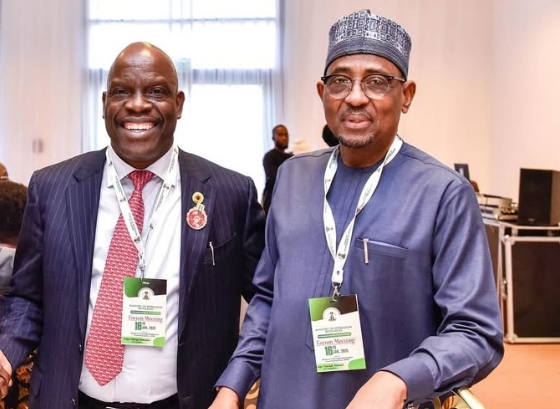
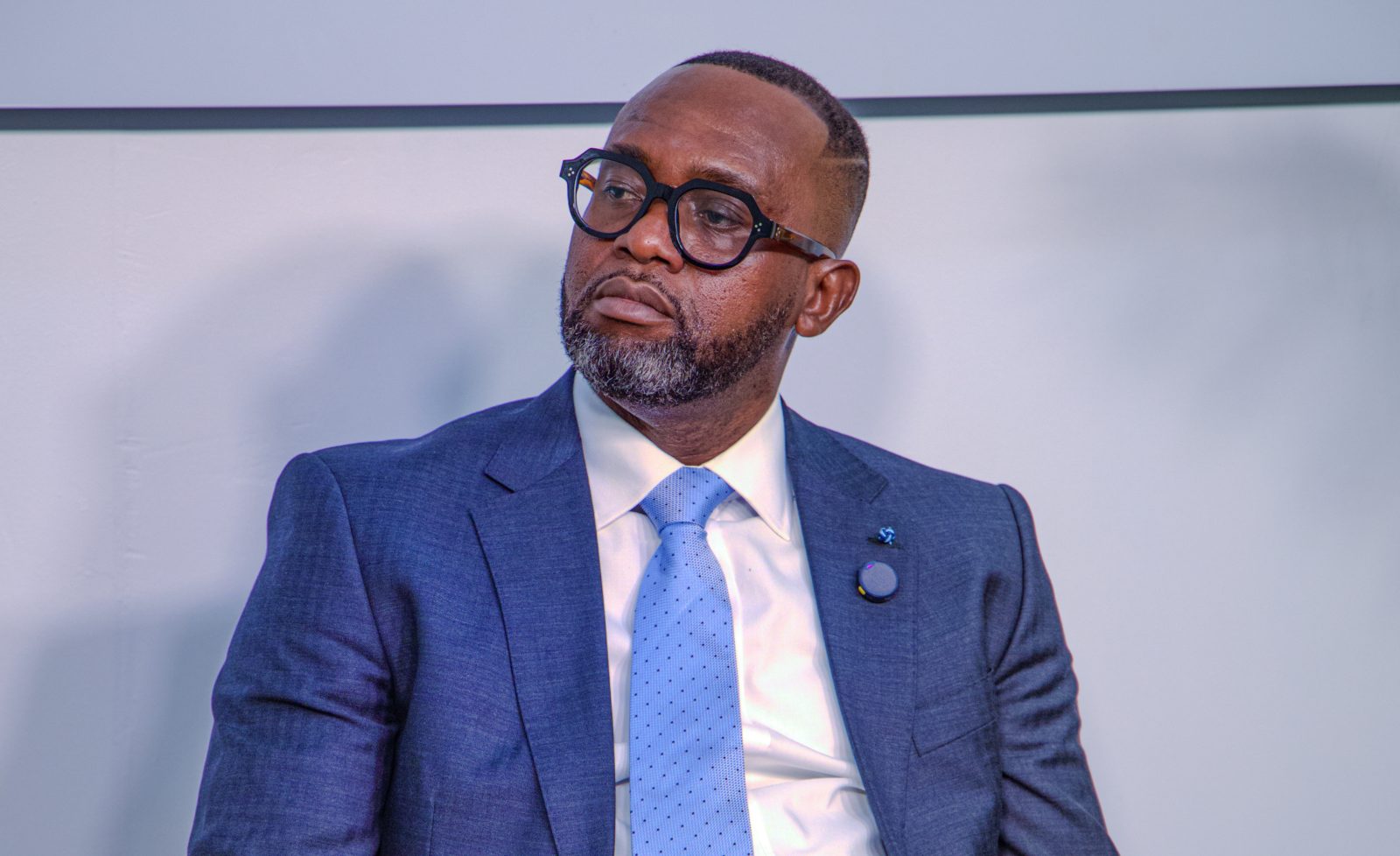

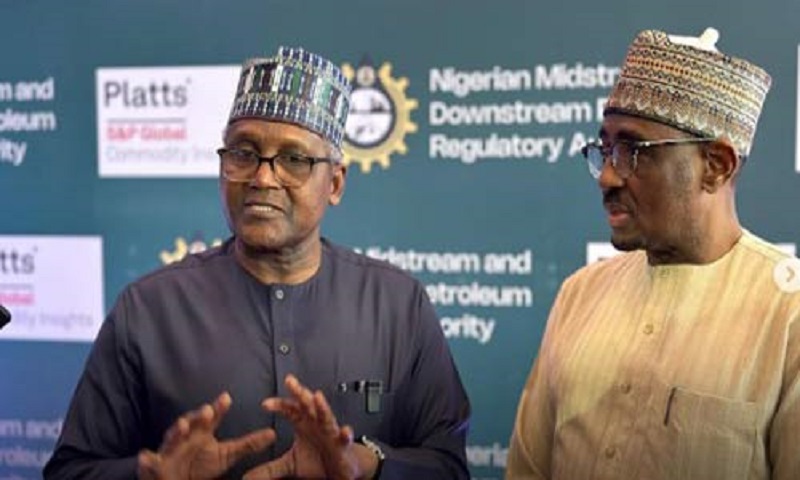
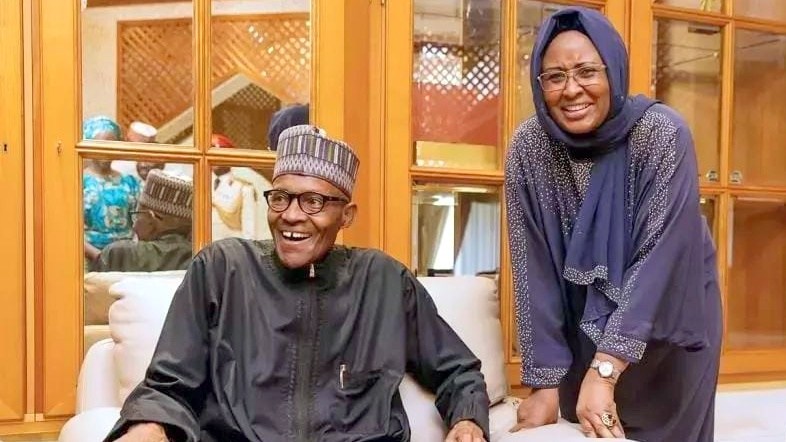

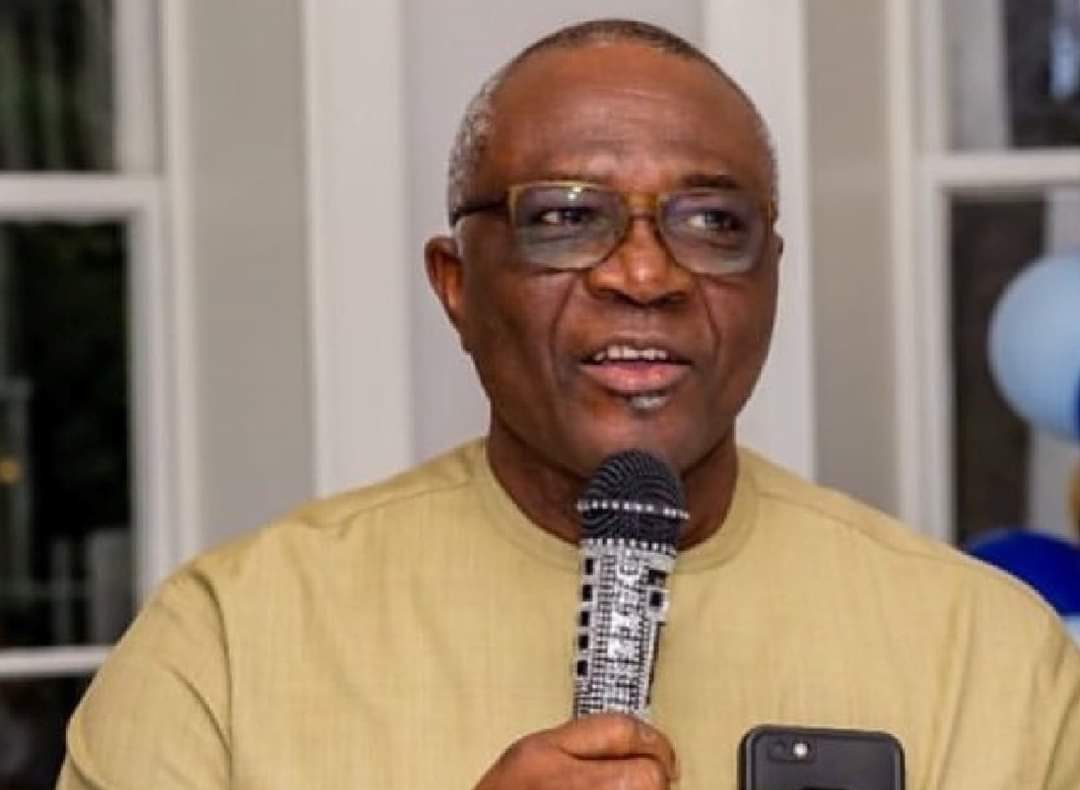
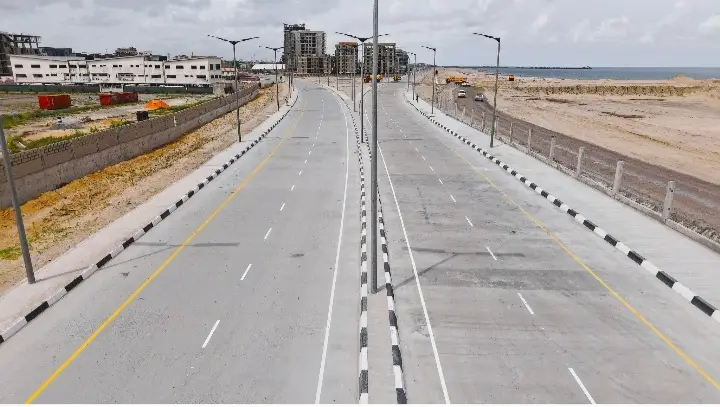
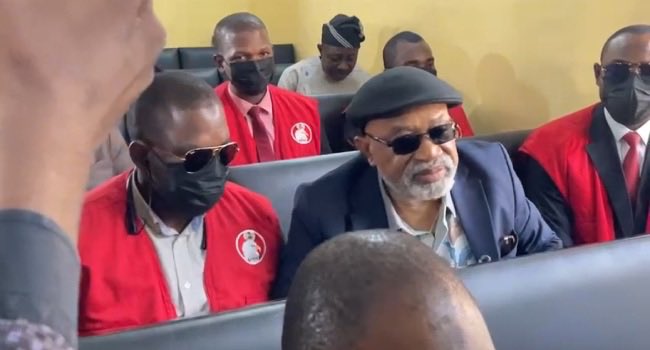

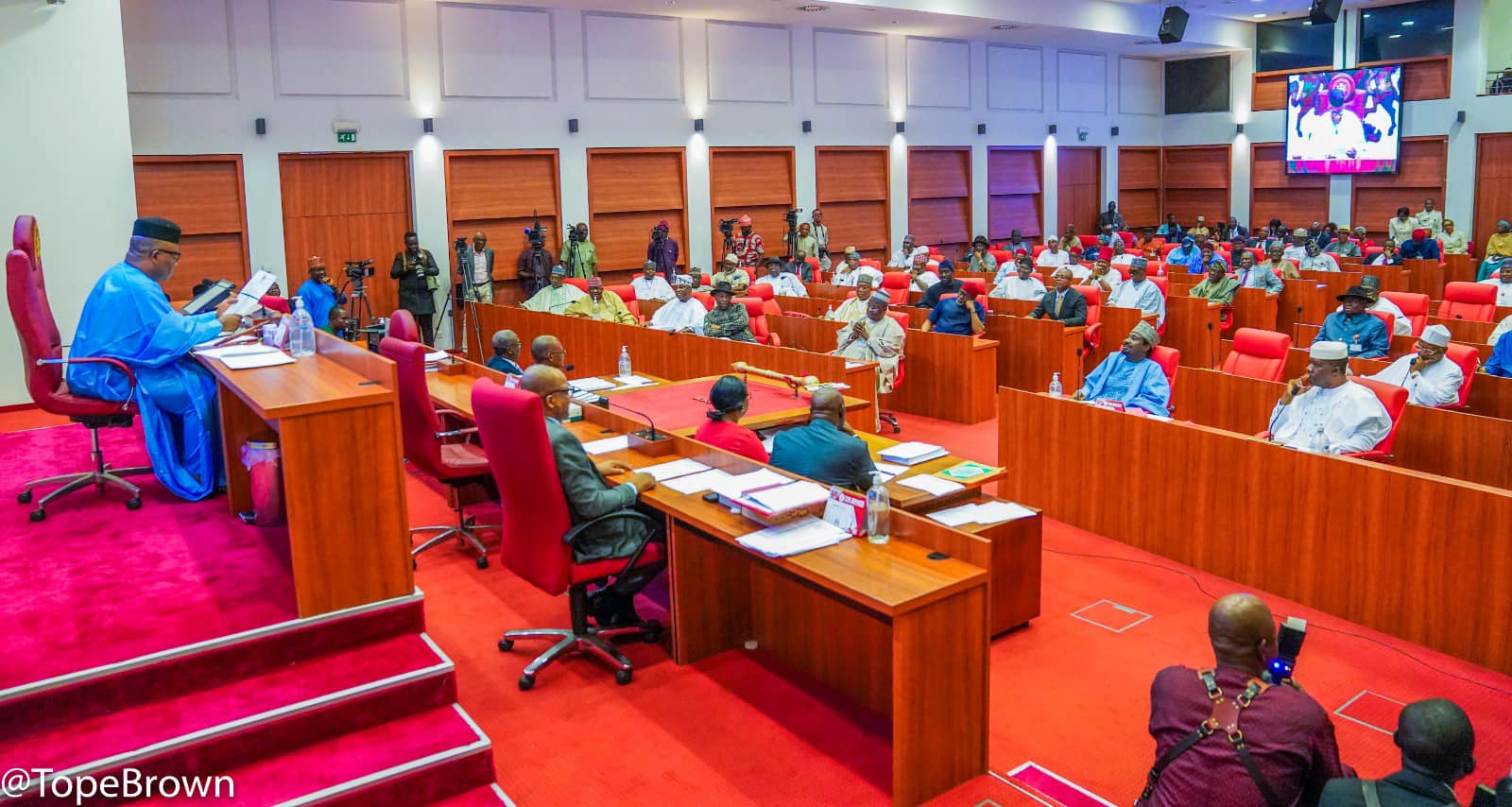



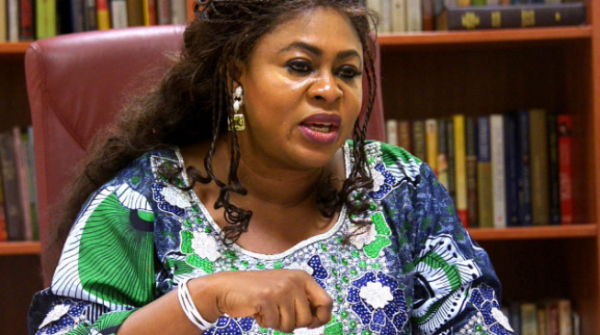




Leave a comment